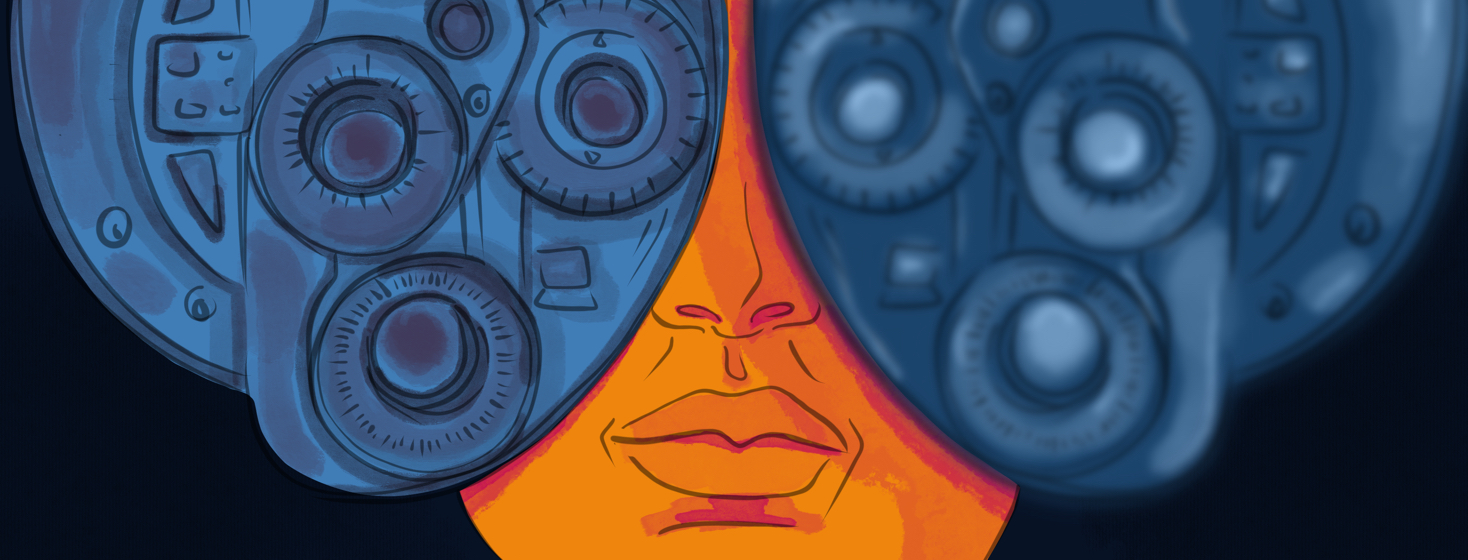What I Wish I Knew Earlier About Cortisone
In reading the stories and comments on AtopicDermatitis.net, I notice most are much younger than I. Many speak of depending on a corticosteroid and Benadryl regime to try to control their eczema flare-ups. I’ve done that for as long as I can remember.
Trying many eczema treatments
Over the years, I’ve used almost every topical medication available to try and calm my itchy, inflamed, and oozing skin. From Mazon cream as a child to steroid ointment and the more recent topical calcineurin inhibitors. I’ve not tried the newest biologic, Dupixent, as my eczema is reasonably controlled at the moment. Looking back, I wish I had known then what I do now.
Diagnosed with cataracts
Around age 58, I went for an eye exam, thinking I needed new glasses. Imagine my surprise when I was diagnosed with cataracts! Doesn’t that only happen to old folks? The ophthalmologist inquired about cortisone use, mentioning a link between cataracts and cortisone. One eye needed surgery right away, the other was a bit better and was done a year later. I had no idea anything like this could happen! The doctors and pharmacists always warn about the thinning of the skin, but no one mentions cortisone use could cause cataracts.
The risks of topical cortisone
Besides my topical use for eczema, I had only had one seven-day course of the mildest oral dose to try and stop the itch-scratch cycle and one injection in my hip for arthritis. It turns out the topical is the more serious! The permeability of the skin is much greater when the skin barrier is weakened by eczema, allowing enhanced penetration, adding to the problem.
Cortisone and cataracts
There are three types of cataracts; nuclear is the more common type in the elderly, and slow-growing. Cortical, which forms in the lens cortex is common in diabetics. Finally, the kind caused by cortisone is called posterior subcapsular, which forms at the back of the lens and tends to develop more quickly. Extreme farsightedness could also be a cause of this type. It’s thought that a diet high in antioxidants may help in small part, although my diet has always been high in them. But in the long run, all three types will likely need surgery at some point.1
Cortisone and glaucoma
Another less common eye problem that could be caused by steroids is secondary glaucoma. Since open-angle glaucoma has few warning signs or symptoms before damage has occurred, it is important to see your doctor for regular eye examinations. If unrecognized, the steroid response can develop into steroid-induced glaucoma and cause permanent optic nerve damage. But it is important to know this ocular hypertensive response is fairly reversible if intervened at the right time. It’s just a matter of discontinuing the steroids. In fact, every week of steroid use averaged over a lifetime leads to a 4% increased risk of chronic steroid glaucoma.2
Talk to your doctor
That was fifteen years ago, in the early days of search engines, when it wasn’t as easy to ask a question. So for most of us, it was the library or hoping our doctors would have time to discuss potential side effects. We all know that doesn’t happen too often!
This sounds more scary than it actually is. I was merely one of the unlucky few with my cataracts. But please, use this as a reminder to have regular eye examinations.

Join the conversation